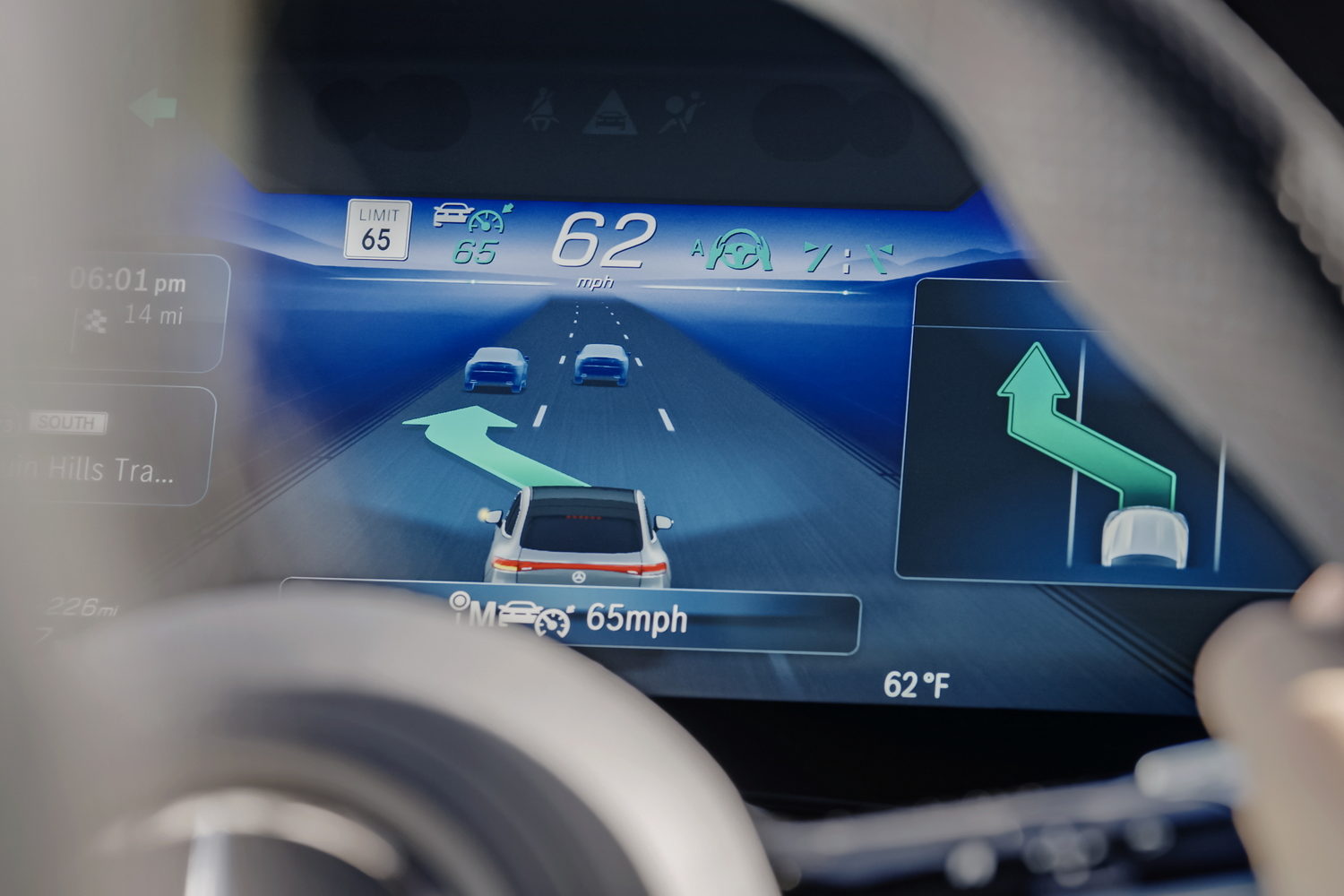Mercedes has announced plans to create a global electric vehicle charging network spanning all important markets for the company by the end of the decade.
Announcing its intentions at the Consumer Electronics Show (CES) in Las Vegas, the firm said that it would launch its Tesla Supercharger-rivalling network in North America before the end of 2023 before extending it to Europe and China at a later stage. The aim, it said, is for the full network to be in place by 2030, by which time Mercedes will be an all-electric brand "wherever market conditions allow".
Plans for the network
Although open to drivers of non-Mercedes vehicles, the company said that the network would prioritise and give preferential treatment to Mercedes drivers via a reservation function and "other benefits". Mercedes has some form when it comes to open-access charging, being one of the partners along with Volkswagen, BMW, Ford, Hyundai and others behind the Ionity network of high-speed chargers.
The new charging hubs will be located, according to the company, in key cities and urban population centres, near major arteries, convenient retail destinations and participating Mercedes dealerships. Depending on region and location, the hubs will offer four to twelve (eventually, in some cases, as many as 30) high-power chargers capable of charging at speeds of up to 350kW. Where feasible, charging points will be covered for protection from the weather with most of the hubs planned to be located close to food outlets and bathroom facilities for user comfort while charging.
€1bn in North America alone
For the rollout of the North American end of the project, Mercedes has partnered with MN8 Energy, one of the largest solar energy and battery storage owners and operators in the United States, and ChargePoint, a globally-operating EV charging tech company. By 2027, Mercedes aims to have more than 400 hubs across North America with some 2,500 high-speed chargers. The cost of establishing such a network in the United States and Canada alone will reach as much as €1 billion, the firm said, with the modular and scaleable design of the charging stations allowing the network to be developed more quickly than might otherwise be the case.
"Finest EVs in the market"
With Tesla's Supercharger network often cited as a big factor in attracting buyers to that brand, it isn't entirely surprising that another premium maker of electric vehicles such as Mercedes would develop its own charging network. The firm is betting big on electric vehicles with, at the time of writing, seven electric cars on sale in Ireland - the EQE and EQS saloons, EQA, EQB, EQC and EQS SUVs and the EQV people carrier. A number of other electric Mercedes models are also on the way including an EQE SUV, the EQT (a smaller MPV than the EQV), an ultra-luxury Maybach version of the EQS SUV and an all-electric version of the company's iconic G-Wagen. Any attempt to make the company's vehicles stand out in an increasingly crowded field such as by creating a preferential EV charging network, is sure to add value to the brand, according to the company's chairman, Ola Källenius:
"Mercedes-Benz already offers what we believe to be the finest EVs in the market. But to accelerate the electric transformation, we need to ensure that the charging experience keeps pace as well.
"Our customers deserve a compelling charging experience that makes electric vehicle ownership and long-distance travel effortless. We won't take a wait-and-see approach for this to be built. That's why we are launching a global high-end charging network. It's designed to become another differentiator of Mercedes-Benz ownership for our customers and an asset with value creation potential for our company."
There isn't any word yet if or when a Mercedes EV charging network will be rolled out in Ireland.











